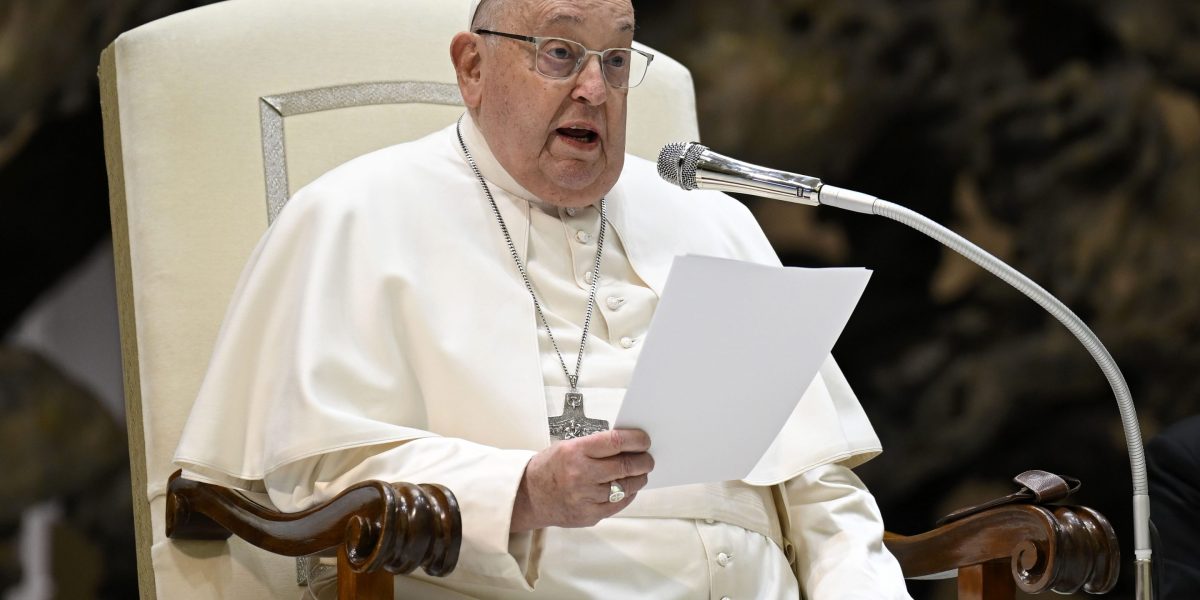Don't Be Fooled: Unmasking Putin's Propaganda Tactics

Table of Contents
Don't Be Fooled: Unmasking Putin's Propaganda Tactics
MOSCOW, RUSSIA — Vladimir Putin's regime has long been adept at manipulating information, employing a sophisticated arsenal of propaganda tactics to shape both domestic and international narratives. Understanding these techniques is crucial to navigating the complex information landscape surrounding Russia's actions, particularly in light of its ongoing war in Ukraine. This analysis delves into the key strategies employed by the Kremlin to control information and influence public perception.
The Kremlin’s propaganda machine isn't monolithic; it's a multi-faceted operation involving state-controlled media outlets, online troll farms, and carefully cultivated narratives disseminated through seemingly independent sources. This multifaceted approach allows for redundancy and amplification of key messages, ensuring maximum impact.
State-Controlled Media: The Foundation of the Narrative
State-controlled media outlets like Russia Today (RT) and Sputnik, while facing increasing sanctions and restrictions in many Western countries, remain crucial tools for disseminating pro-Kremlin narratives globally. These outlets often present a distorted reality, selectively highlighting information that supports the regime's agenda while suppressing dissenting voices. Their coverage consistently frames Russia as a victim of Western aggression, portraying the war in Ukraine as a necessary response to NATO expansion and alleged Ukrainian genocide. The use of emotionally charged language and patriotic appeals is common, designed to evoke strong feelings and bypass critical thinking.
Disinformation and Misinformation Campaigns: Online Assault
Beyond traditional media, the Kremlin leverages sophisticated disinformation and misinformation campaigns online. These campaigns involve the coordinated spread of false or misleading information through social media platforms, blogs, and online forums. The goal is to sow confusion, discredit opposing viewpoints, and manipulate public opinion. This often involves the creation and spread of fabricated stories, doctored images, and deepfakes—all designed to undermine trust in reliable news sources and institutions.
The involvement of state-sponsored troll farms, employing thousands of individuals to post and spread pro-Kremlin content, adds another layer of complexity. These farms generate a constant stream of comments, posts, and shares, artificially inflating the apparent support for the regime's narrative and drowning out opposing voices. They also engage in targeted harassment and intimidation campaigns against critics and dissidents.
Exploitation of Existing Divisions and Biases:
Putin's propaganda machine cleverly exploits existing societal divisions and biases in target audiences. This involves tailoring messages to resonate with specific groups, amplifying existing prejudices and fears. For example, narratives focused on anti-Western sentiment, anti-immigrant sentiment, or concerns about national security are frequently used to garner support for the Kremlin's actions.
Whataboutism and Shifting Blame:
A common tactic employed by the Kremlin is “whataboutism”—the practice of deflecting criticism by raising a counter-accusation. When confronted with evidence of human rights abuses or military aggression, the Kremlin often responds by highlighting perceived failings of the West, creating a false equivalence and diverting attention from its own actions.
Controlling the Narrative at Home:
Domestically, the Kremlin maintains a tight grip on the information landscape through strict censorship laws and surveillance. Independent journalists and media outlets face significant pressure, and dissent is often suppressed through intimidation, arrests, and even violence. This allows the regime to maintain a carefully controlled narrative within Russia, ensuring that the population receives a heavily filtered version of events.
Combating Putin's Propaganda:
Effectively combating Putin's propaganda requires a multi-pronged approach. This includes promoting media literacy, supporting independent journalism, and developing robust fact-checking initiatives. International cooperation is also crucial to expose and counter disinformation campaigns, while strengthening sanctions against state-controlled media outlets and those involved in spreading misinformation. The fight against Putin's propaganda is an ongoing battle requiring vigilance, critical thinking, and a concerted effort to defend truth and transparency. Ignoring these tactics only emboldens the Kremlin and allows their misinformation to thrive.

Featured Posts
-
 How Deep Sea Cables Power Your Internet A Visual Exploration
Feb 22, 2025
How Deep Sea Cables Power Your Internet A Visual Exploration
Feb 22, 2025 -
 Legal Battle Hunter Schafer Challenges Forced Passport Gender Change
Feb 22, 2025
Legal Battle Hunter Schafer Challenges Forced Passport Gender Change
Feb 22, 2025 -
 Live Updates Adams And The Doj Address Dropped Charges In Court
Feb 22, 2025
Live Updates Adams And The Doj Address Dropped Charges In Court
Feb 22, 2025 -
 Antetokounmpos Availability Bucks Wizards Game Preview
Feb 22, 2025
Antetokounmpos Availability Bucks Wizards Game Preview
Feb 22, 2025 -
 Wrongfully Identified Body From Gaza Not Bibas Mother Military States
Feb 22, 2025
Wrongfully Identified Body From Gaza Not Bibas Mother Military States
Feb 22, 2025
Latest Posts
-
 Premier League Arsenal Vs West Ham Final Score And Post Match Reaction
Feb 23, 2025
Premier League Arsenal Vs West Ham Final Score And Post Match Reaction
Feb 23, 2025 -
 Ex Nfl Star Steve Smith Accused Of Infidelity In Viral X Post
Feb 23, 2025
Ex Nfl Star Steve Smith Accused Of Infidelity In Viral X Post
Feb 23, 2025 -
 Steve Smith Sr Affair Allegations New Details Emerge
Feb 23, 2025
Steve Smith Sr Affair Allegations New Details Emerge
Feb 23, 2025 -
 Pope Francis Serious Illness Vatican Issues Update
Feb 23, 2025
Pope Francis Serious Illness Vatican Issues Update
Feb 23, 2025 -
 Four Goal Blitz Tottenham Cruise Past Ipswich
Feb 23, 2025
Four Goal Blitz Tottenham Cruise Past Ipswich
Feb 23, 2025
